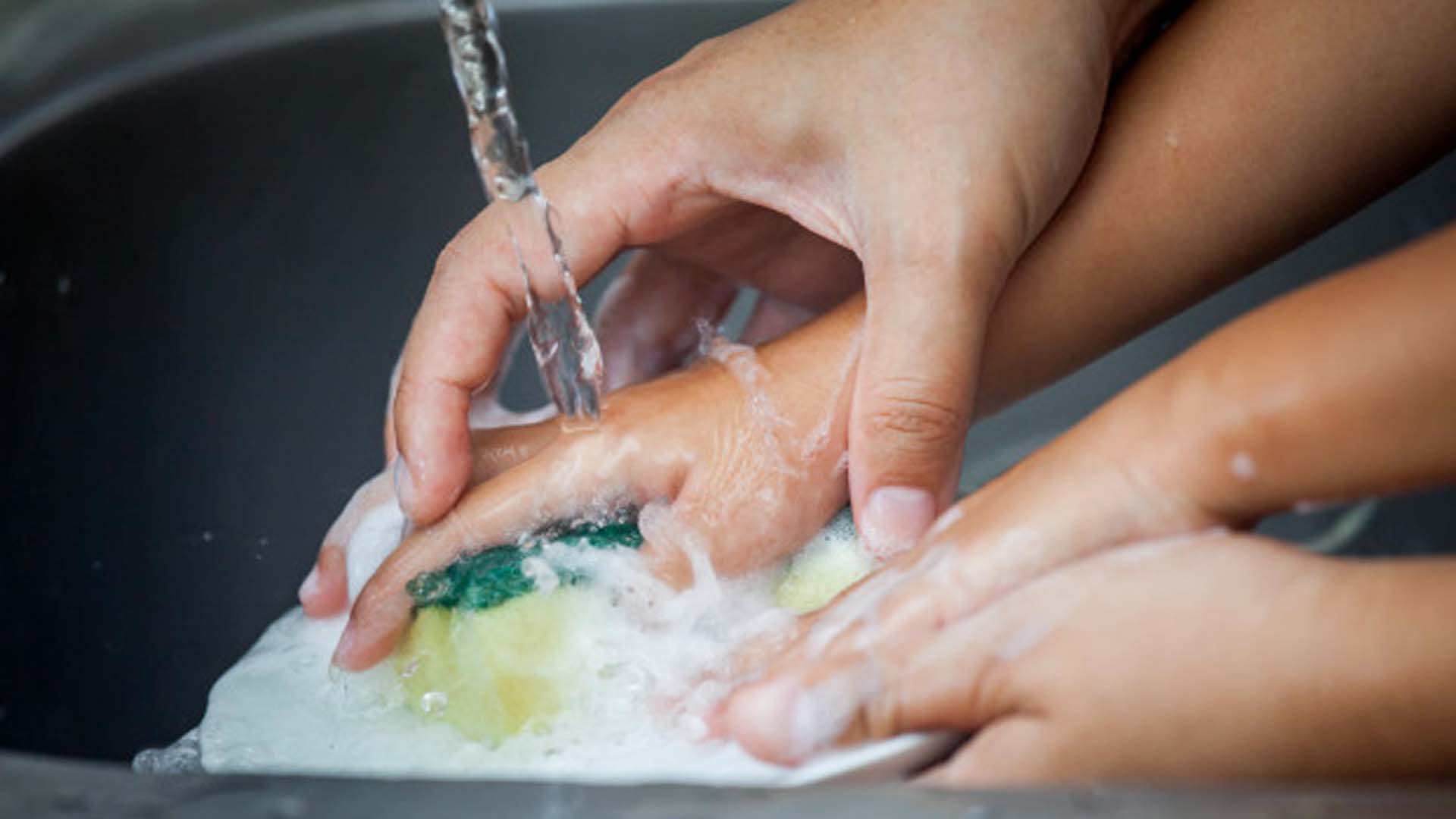How many of you are surviving this pandemic without any house helper or nanny?
I am the first to raise my hand. Since I had my first child 21 years ago, we always had a house helper. As full-time working parents, it is impossible to do all the household chores, take care of kids, and still have enough energy to play or help them with their assignments after a grueling day at work.
So please congratulate moms like me who are living in this pandemic without any house helper. It took months of practice before we were able to establish routines at home.
Here are some of my SIX REALIZATIONS that we can really live without a house helper.
1. Assign household tasks to your spouse
Gone are the days when women are expected to do all household chores after working eight hours. Sharing fiscal responsibilities is the same as helping each other do the laundry, cook meals, clean the house, take care of the kids, etc. etc.
2. Nagging your kids will pay off
Mommies, do not ever get tired of constantly reminding your kids about their household chores. Ang pikon, talo. There were so many times that I also got irritated with myself for being a blabber mouth. So, it was either I did my breathing exercises or asked my husband to intervene. My boys call me Hitler but they are scared of their father. I can assure you that your nagging will pay off.
3. Never do the household tasks assigned to your kids
My eldest is assigned to wash the dishes after meals and clean the bathroom. I painstakingly taught him how to clean the bathroom properly. There were so many times that I just wanted to grab the brush from him and start scrubbing the toilet bowl. But no. Consistency is the key in instilling discipline among kids.
4. Safer for the family
I terminated my last house helper in February 2020 because she got pregnant from an extra-marital affair. It turns out she would escape at night to meet her boyfriend. The house helper’s room has a separate access from our main door, so we did not know if she left or asked somebody to join her at night. Imagine if she was still with us and did the same rendezvous under the COVID-19 pandemic?
5. Generate some savings
A house helper’s minimum monthly pay should be Php 3,500 plus SSS, PhilHealth and Pag-Ibig benefits or roughly P4,120. This us about P53,000 every year. I actually saved more than this amount since March 2020 because I paid more to my former house helper of three years given her annual salary increase.
6. More peaceful at home
My mom has always supervised our house helper. I must have had about 12 house helpers who left our house due to conflict with my mom. I learned that it is really hard to pass my mom’s standards of home making. Lucky for me, she is just too weak now to argue. But I am happy that my mom does not get stressed anymore due to conflict with house helpers. Our house is now more peaceful.
This pandemic has taught us so many things, foremost of which is adapting to change. Most of the time, there is resistance to change. But to survive together in this health crisis, we need to adjust our lifestyle.







